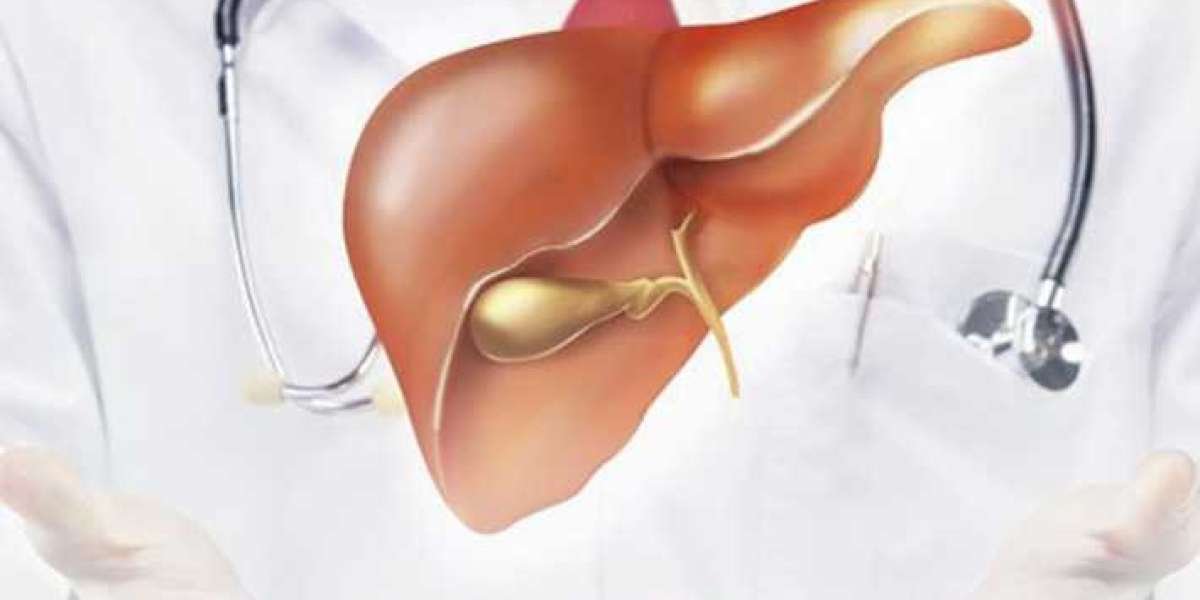A female sex hormone is called Estradiol 2mg tablets price. This type of hormone replacement treatment (HRT) is used to treat estrogen shortage, bone weakening, hot flushes, vaginal dryness, and itching associated with menopause (osteoporosis).
The Importance of Mental Health
Mental health is foundational to overall health and quality of life. It affects how women handle stress, relate to others, and make choices. Good mental health is associated with higher productivity, better physical health, and more satisfying interpersonal relationships. Conversely, poor mental health can lead to severe consequences, including chronic illness, diminished life quality, and increased risk of substance abuse.
Biological Factors
Women experience unique biological processes such as menstruation, pregnancy, childbirth, and menopause, all of which can impact mental health. Hormonal changes during these periods can lead to mood swings, anxiety, and depression. For instance, premenstrual syndrome (PMS) and premenstrual dysphoric disorder (PMDD) can significantly affect mental well-being. Pregnancy and the postpartum period are also critical times when women are at risk for conditions like postpartum depression, which can have long-term effects on both the mother and the child if left untreated.
Social and Cultural Factors
Social and cultural expectations play a significant role in shaping women's mental health. Traditional gender roles often place disproportionate stress on women, requiring them to balance career, family, and societal expectations. These pressures can lead to feelings of inadequacy, anxiety, and depression. Moreover, women are more likely to experience certain types of trauma, such as domestic violence and sexual abuse, which can have profound and lasting impacts on mental health.
Economic Factors
Economic factors also influence mental health. Women are more likely to experience poverty and economic instability, which can lead to increased stress and mental health issues. Economic dependence and a lack of financial autonomy can exacerbate feelings of powerlessness and stress, contributing to mental health problems.
Challenges Specific to Women's Mental Health
Higher Prevalence of Depression and Anxiety
Women are more likely than men to experience depression and anxiety. Studies suggest that this disparity may be due to a combination of hormonal differences, socialization processes, and the higher likelihood of women facing certain stressors, such as sexual harassment and caregiving responsibilities. Depression and anxiety not only affect women's emotional well-being but also have significant implications for their physical health, increasing the risk of chronic conditions such as cardiovascular disease.
Eating Disorders
Eating disorders are more prevalent in women than men. Conditions such as anorexia nervosa, bulimia nervosa, and binge-eating disorder are often linked to societal pressures regarding body image and beauty standards. These disorders can have severe physical and psychological effects, including malnutrition, heart problems, and increased risk of suicide. Addressing the root causes of eating disorders requires a comprehensive approach, including mental health support, societal change, and education.
Impact of Trauma
Women are disproportionately affected by trauma, including sexual violence, intimate partner violence, and childhood abuse. These experiences can lead to post-traumatic stress disorder (PTSD), depression, anxiety, and substance abuse. The mental health effects of trauma are often compounded by societal stigma and lack of support, making it essential to provide trauma-informed care and resources to support recovery.
Strategies to Promote Mental Wellness in Women
Access to Mental Health Services
Improving access to mental health services is critical for women's well-being. This includes ensuring that mental health care is affordable, culturally sensitive, and readily available. Telehealth services can play a vital role in reaching women who may have barriers to accessing traditional in-person care, such as those in rural areas or with mobility issues.
Estradiol tablets 2mg contain a medication called estrogen (female sex hormone). It works by replacing estrogen that is normally produced by the body. In women who are undergoing or have attained menopause, it prevents symptoms such as hot flushes, vaginal burning, dryness, and itching, caused by a lack of estrogen.
Education and Awareness
Raising awareness about mental health issues and reducing stigma is crucial. Educational campaigns can help women recognize the signs of mental health problems and encourage them to seek help. Schools, workplaces, and community organizations can be essential in disseminating information and providing support.
Support Networks
Strong support networks are vital for mental health. Family, friends, and community groups can provide emotional support, practical assistance, and a sense of belonging. Encouraging the development and maintenance of these networks can help women cope with stress and adversity.
Policies and Legislation
Policy changes can significantly impact women's mental health. This includes legislation to protect against domestic violence, sexual harassment, and workplace discrimination. Policies that promote work-life balance, such as paid family leave and flexible working arrangements, can also alleviate stress and improve mental well-being.
Holistic Approaches to Health
A holistic approach to health considers the interplay between physical, mental, and social well-being. Integrating mental health care with primary health care can ensure that women receive comprehensive support. Lifestyle interventions, such as regular physical activity, a healthy diet, and adequate sleep, can also support mental health.
Trauma-Informed Care
Providing trauma-informed care is essential for women who have experienced trauma. This approach involves understanding, recognizing, and responding to the effects of all types of trauma. It emphasizes physical, psychological, and emotional safety and helps survivors rebuild a sense of control and empowerment.
Promoting Resilience
Building resilience can help women better manage stress and recover from adversity. Skills training, such as problem-solving, stress management, and emotional regulation, can foster resilience. Programs that promote resilience can be particularly beneficial for women facing high levels of stress or trauma.
Conclusion
Mental health is a fundamental aspect of women's overall well-being, influencing various areas of life, from physical health to relationships and societal participation. Women face unique mental health challenges due to biological, social, and economic factors. Addressing these challenges requires a multi-faceted approach, including improving access to mental health services, raising awareness, supporting strong networks, enacting supportive policies, and promoting holistic and trauma-informed care.
For more information, visit: Genericstrip.com







